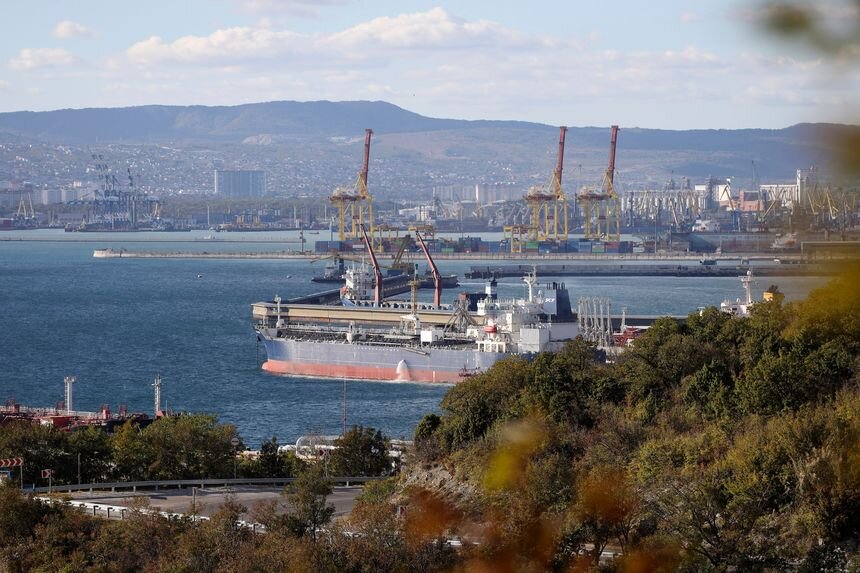African countries have significantly increased their import of petroleum products from russia

Photo – AP
Against the backdrop of the introduction of Western sanctions against russian oil and oil products, North African countries have significantly increased their imports of these products from the russian Federation.
Before the invasion of Ukraine, about 60% of russian exports of petroleum products went to European countries. However, Western sanctions forced Moscow to redirect exports from Europe to alternative markets, such as Africa.
The import of russian diesel fuel to Morocco increased from 600,000 barrels for the whole of 2021 to 2 million barrels only in January of this year. It is expected that in February the indicator will be at least 1.2 million barrels, reports The Wall Street Journal with reference to the analytical company Kpler.
There is also an increase in the supply of oil products from russian federation to Algeria and Egypt.
Tunisia, which imported almost no russian petroleum products in 2021, has in recent months accepted russian shipments of diesel, gas oil, gasoline and oil, which is commonly used to make chemicals and plastics. The country imported 2.8 million barrels of russian oil products in January and is expected to import another 3.1 million barrels in February.
The increase in imports to Tunisia and Morocco coincides with the growth of the countries’ own exports. This raised fears that russian cargoes were being mixed with other petroleum products and re-exported. This process hides the ultimate origin of petroleum products and complicates Western efforts to “remove” russian fossil fuels from its economy.
“Even if you wanted to regulate it, how would you do it? If the cargo is 51% from Morocco, 49% from russia, how would you rate it?” commented Andreas Economou, head of the oil research department at the Oxford Institute for Energy Research.
Deliveries took place until February 5, when sanctions on trade in oil products from Russia came into effect. Therefore, at that time there were no laws prohibiting the re-export of russian oil products. Nevertheless, the situation points to the “headache” that European countries face in trying to protect their imports from russian diesel fuel and other petroleum products.
According to analysts, if the trend continues, it could also harm the West’s goal of depriving Russia of profits for waging war in Ukraine.
The volumes purchased by North African countries are too large for importing countries to use. Kple senior oil analyst Viktor Katona expects that some of the russian production will still reach Europe.
Morocco, which has no previous record of any significant diesel exports, sent 280,000 barrels to Spain’s Canary Islands and another 270,000 barrels to Turkey last month, matching Morocco’s imports of russian diesel. The final origin of these cargoes could not be determined. The relevant ministries in Morocco and Tunisia declined to comment to the WSJ.
We will remind you that Spain recently refused to enter the port of the ship Maersk Magellan. Diesel fuel, probably of russian origin , was transported on board the vessel. At the same time, Maersk denies the information about the russian origin of the cargo.





